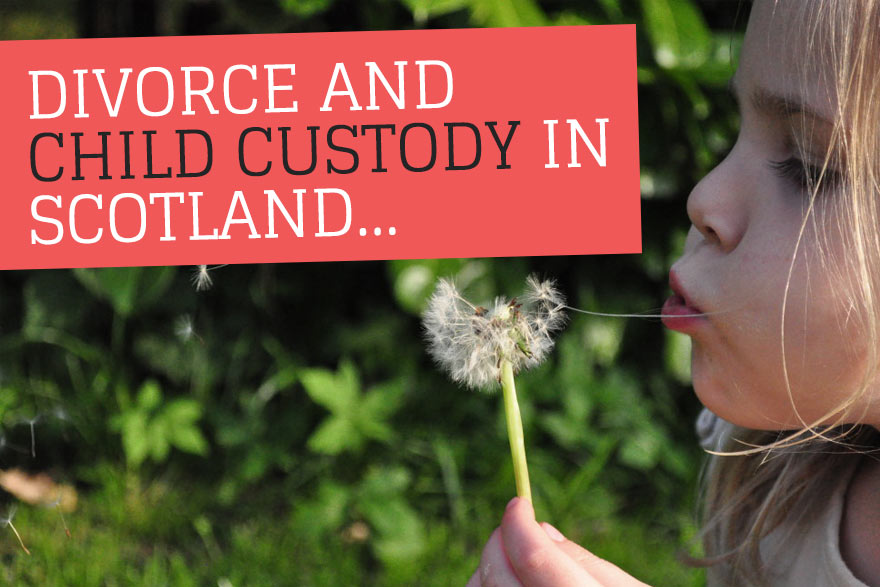As we all know, the most important issue in child custody cases is always the welfare of the children. And Scottish divorce law is no different.
Just like the rest of the UK, the process of figuring out the best custody arrangement depends greatly on you and your partner. If you agree on what’s best for your child outside of court the process will be much easier all round.
How to reach an agreement
Obviously this is a time of high tension and communication can be difficult at best. Which is why many couples use mediators or solicitors to manage the conversation and keep things moving forward. If you reach an agreement you’ll need to present it to the court with two ‘affidavits’. These define the arrangement and state that you’re acting in the children’s best interests.
If you can’t reach an agreement
Reaching an agreement isn’t always possible. In this case you or your partner (or both of you) can ask the court to step in.
The first thing the court will do is schedule a Child Welfare Hearing. At this hearing you’ll discuss the issues and, as long as no children are at risk, sheriffs will try to facilitate an agreement.
If an agreement can’t be made you’ll move on to Proof Hearings. These are where you and your partner will provide spoken evidence and be cross examined.
It’s the court’s policy to also ask your children what they want. They won’t be pressured to answer but it’s important that their wishes are taken into account.
Finally, the sheriffs can also appoint an independent person to make inquiries into your case which may help the court make its decision.
If a child is at risk
A child is considered ‘at risk’ if the court believes their contact with yourself or your partner (or both of you) will mean contact with things like domestic violence, alcohol, drugs or unsuitable people.
So if, for example, contact with your partner would place your child at risk, you should present evidence of this to the court. If the court believes the child is indeed at risk, they can ‘interdict’ or forbid your partner from having contact.
However this is only necessary in extreme cases and most of the time the court will encourage you both to reach an agreement where the child will have a balanced life with both their parents.
Court orders
If your case requires the court to make decisions about the life of your child, you must stick by them for as long as they apply. If you disobey the court and breach the terms of a Court Order you could be in contempt of court. Meaning you could be liable for punishment.
Beverley Johnson
Beverley Johnson is very experienced in helping parents in a divorce situation and is here to assist – contact her now







